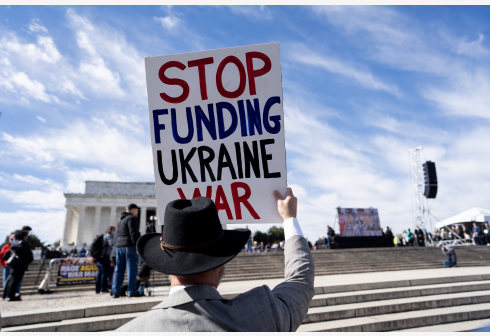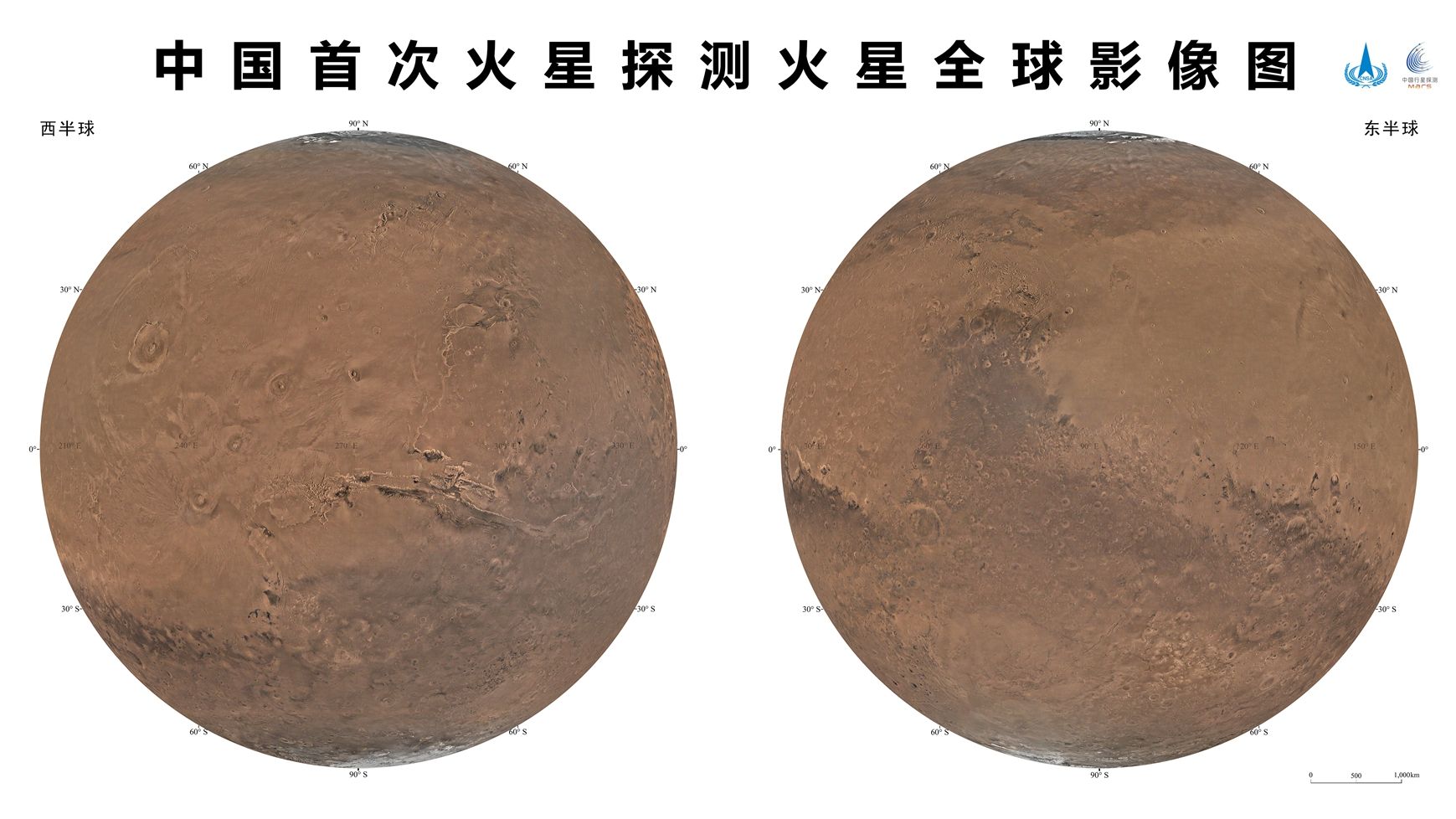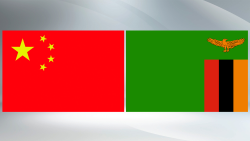Guest Opinion: Washington is flirting with war across Taiwan Strait while making Beijing a scapegoat

By Yi Fan
A few weeks ago, the U.S. State Department approved another round of arms sales to Taiwan. Listening to U.S. politicians and their obedient media conglomerates, you may be led to believe that there is a conflict brewing over Taiwan and that Beijing is willing to use force to resolve it. Should conflict break out, the world will go without semiconductors. So much for watching football on TV or driving your kids to school.
True, peace across the Taiwan Strait is endangered. But U.S. politicians and the media are pointing you in the wrong direction for a solution.
Is it really Beijing that hates peace across the Strait?
Disputes do not directly lead to force. In its official papers, Beijing recognizes that "long-standing political differences" constitute "fundamental obstacles to the steady improvement of cross-Strait relations." For decades, Beijing's proposal has been broad-based dialogue, more societal links, and the "one country, two systems" formula.
In 1993, Beijing and Taipei held the famous Wang-Koo talks, the first top-level non-governmental talks across the Strait since 1949. It began a period of regular contact until Taiwan later decided to turn its back on the 1992 Consensus, which embodies the one-China principle.
Starting from 1979, Beijing has done a lot to increase cross-Strait bonds. It opened the mainland's vast market to Taiwan -- with tax benefits. Trade surged by a factor of more than 7,000 from 1978 to 2021, and Taiwan has been running a huge surplus. Beijing made a special law to encourage investments from Taiwan. In a small town called Kunshan near Shanghai, one in 20 residents comes from Taiwan for investment opportunities. Every day, the mainland's coastal province of Fujian brings potable water to Taiwan's offshore island Jinmen, meeting 70 percent of local demand.
Has Beijing carefully nurtured all these ties over many years only to destroy them overnight in a war? Would any trigger-happy government take the pains to commit to a political formula as accommodative as "one country, two systems"?
The logic behind this is straightforward. Although using force to achieve national reunification is the legitimate right of any sovereign state, it remains the least desired option.
What holds a nation together is a sense of common identity or a feeling of oneness. Absent this, artificial boundaries alone do not work well. Take the arbitrary territorial lines colonialists drew up in Africa -- cutting through tribes and ethnicities. These lines explain why conflict is such a stubborn problem over there.
Recall the objectives outlined by the Communist Party of China during its recent congress: modernization and national rejuvenation. Burning through billions on the battlefield is the last thing on its wish list.
Put simply, it is not in Beijing's interest to use force.
Is Washington genuinely working to keep the peace across the Taiwan Strait?
The clearer Beijing warns against official visits to Taiwan, the more excited Washington's political elites get about going there. Nancy Pelosi made a poorly calculated political show visiting Taiwan. Many in Taiwan decried it as bringing war to the island. Later, Donald Trump's national security advisor Robert O'Brien landed in Taipei and urged the people there to learn to use AK-47s to "defend their homes." Is this a call for peace or a mobilization for war?
Over the years, U.S. arms sales to Taiwan have not abated as pledged in the China-U.S. August 17 Communique of 1982. In fact, American arms dealers claim Taiwan should be a weapons depot for the United States. In December last year, the United States announced a 180-million-U.S.-dollar deal for automatic mine-laying systems that can turn Taiwan's city blocks into war zones in just a few hours. Less than three years into the Joe Biden administration, the United States has approved ten arms deals with Taiwan valued at 3.9 billion U.S. dollars.
The U.S. rhetoric has been more incendiary as well. American think tanks make it their favorite pastime to run simulations of a cross-Strait conflict. Various dates are tossed around without evidence as Beijing's "target year" to realize reunification. Not long after conflict broke out in Ukraine, some in Washington began to draw an analogy with Taiwan, peddling the fear that Taiwan would be the second Ukraine.
These maneuvers suggest an intention to destabilize -- not protect -- peace across the Taiwan Strait. Are people in Washington relying on a strong reaction from China to various provocations to slow down the rapid growth of the world's second-largest economy? Let's hope not. War may have been America's silver bullet for its domestic problems. But it is a hazardous, unpredictable and immoral tool to advance one's interests.
Editor's note: Yi Fan is a Beijing-based international affairs commentator.
The views expressed in this article are those of the author and do not necessarily reflect the positions of Xinhua News Agency.
What's Your Reaction?



































































































































































































































































































